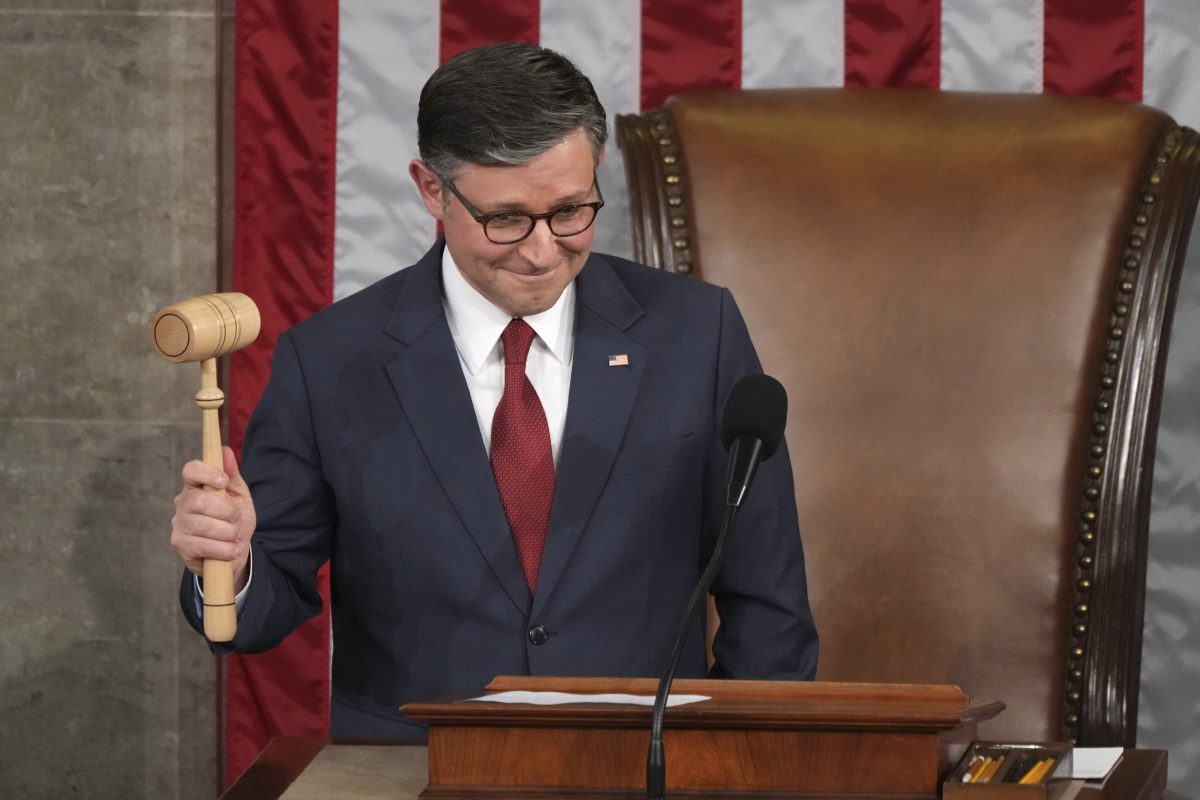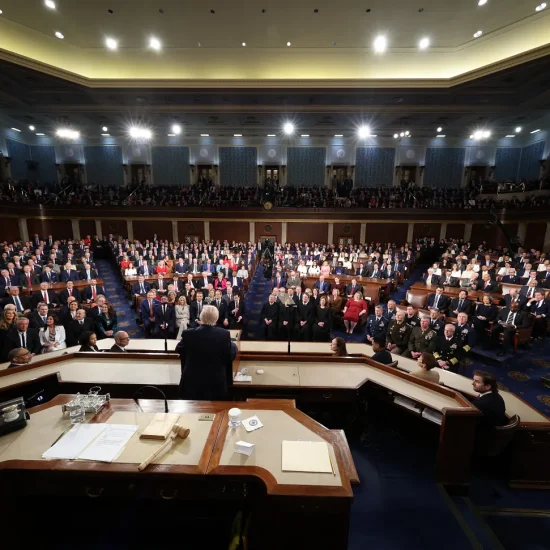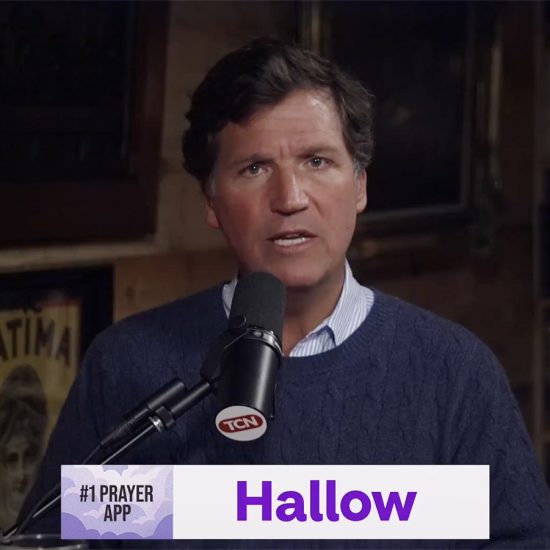
After some drama that involved a private meeting with two Republican critics to get them to flip their vote as the House speaker election stayed open for nearly an extra hour, Republican Mike Johnson of Louisiana was reelected today (Jan. 3) to lead the U.S. House of Representatives. During his acceptance remarks a bit later, he read what he called a prayer from Thomas Jefferson. But Monticello and the Thomas Jefferson Foundation call it a “spurious quotation,” adding it’s unlikely Jefferson actually wrote or delivered it. Johnson has a history of using fake quotes to advance his belief that the U.S. should be a “Christian nation.”
During his remarks, Johnson laid out the Republican agenda for the 119th Congress and how it would support the incoming Trump administration. After offering partisan remarks that evoked frequent applause from just one side of the chamber, he mentioned he had attended a bipartisan, interfaith prayer service at a Catholic church that morning. During the event, he read a prayer and decided to read it again during his acceptance remarks.
“I offered one that is quite familiar to historians and probably many of us,” he said about the prayer, which he noted the program described as one Jefferson recited every day during his presidency and each day afterward until he died.
“I wanted to share it with you here at the end of my remarks not as a prayer per se right now but as really a reminder of what our third president and the primary author of the Declaration of Independence thought was so important that it should be a daily recitation,” Johnson added.
After reading the prayer, Johnson said, “That was Thomas Jefferson’s prayer.” Except it wasn’t. And historians who are familiar with it say it’s not accurate to attribute it to Jefferson nor to suggest he recited it daily.
“We have no evidence that this prayer was written or delivered by Thomas Jefferson,” Monticello explains on its website. “Ultimately, it seems unlikely that Jefferson would have composed or delivered a public prayer of this sort. He considered religion a private matter, and when asked to recommend a national day of fasting and prayer, replied, ‘I consider the government of the US. as interdicted by the constitution from intermeddling with religious institutions, their doctrines, discipline, or exercises.’”
So where does the prayer come from? It’s actually from the Episcopal Church’s Book of Common Prayer as a prayer “for our country.” However, it didn’t even appear there until the 1928 edition. It was, however, likely written a few decades earlier as it appears in some reports encouraging its inclusion in the Episcopal liturgical collection. In a book on Anglican prayers, Episcopal priest and author Christopher Webber attributed the prayer to Rev. George Lyman Locke (1835-1919), a minister in Rhode Island who wasn’t even born until after Jefferson had died.
This isn’t the first time Johnson used a quote considered spurious by historians. As first reported by A Public Witness after his initial election as speaker in 2023, Johnson argued in a sermon at a Southern Baptist church that the U.S. is “a Christian nation.” However, as he claimed the founders intended the U.S. to have a Christian government, his “evidence” included a quote falsely attributed to President John Quincy Adams and another falsely attributed to Alexis de Tocqueville. Johnson has admitted to being influenced by pseudo-historian David Barton, who also has a history of using fake quotes about Jefferson and other U.S. founders.
After reciting the Episcopal prayer and claiming it was used by Jefferson, the Southern Baptist layman repeated an argument he made after his first speaker election: that God had put him in this role and the other members of Congress in their positions. This time, he added that God’s “providence” spared Donald Trump from assassination in July. With such signs of God putting congressional members and Trump in power, Johnson added that meant they needed to pass “America first” policies.
With the speaker’s gavel remaining in his hand, Johnson is set to continue pushing Christian Nationalism. Even if it means using fake quotes and falsely baptizing the president who advocated for the “wall of separation” between church and state and who famously cut the miracles of Jesus out of the New Testament. Johnson’s erroneous, bad faith arguments for Christian Nationalism must be rejected.
As a public witness,
Brian Kaylor






